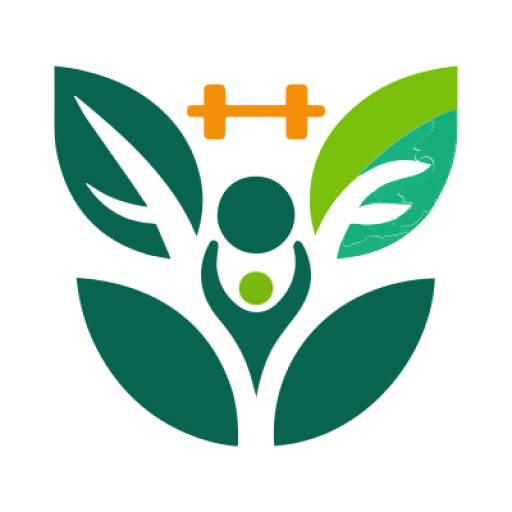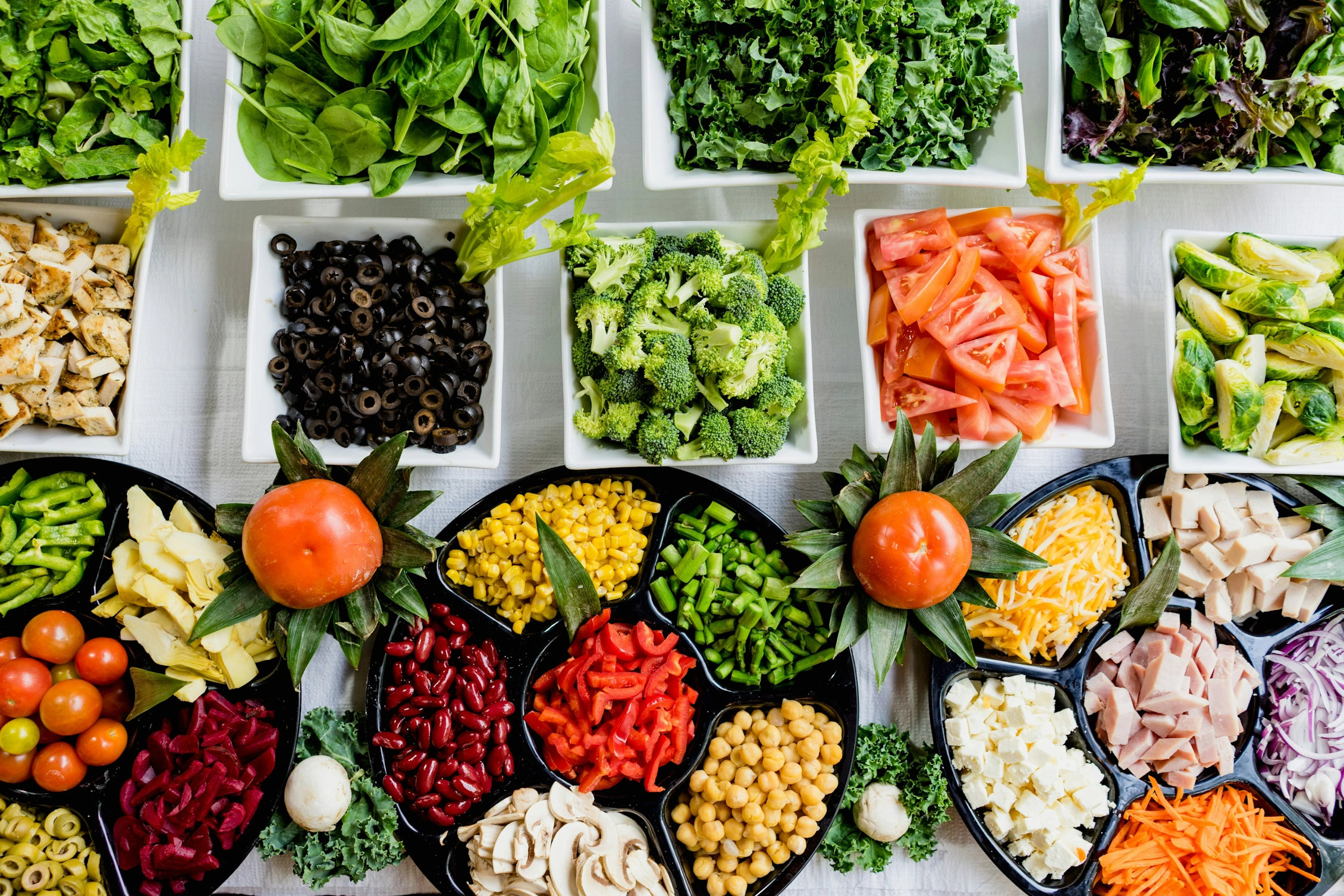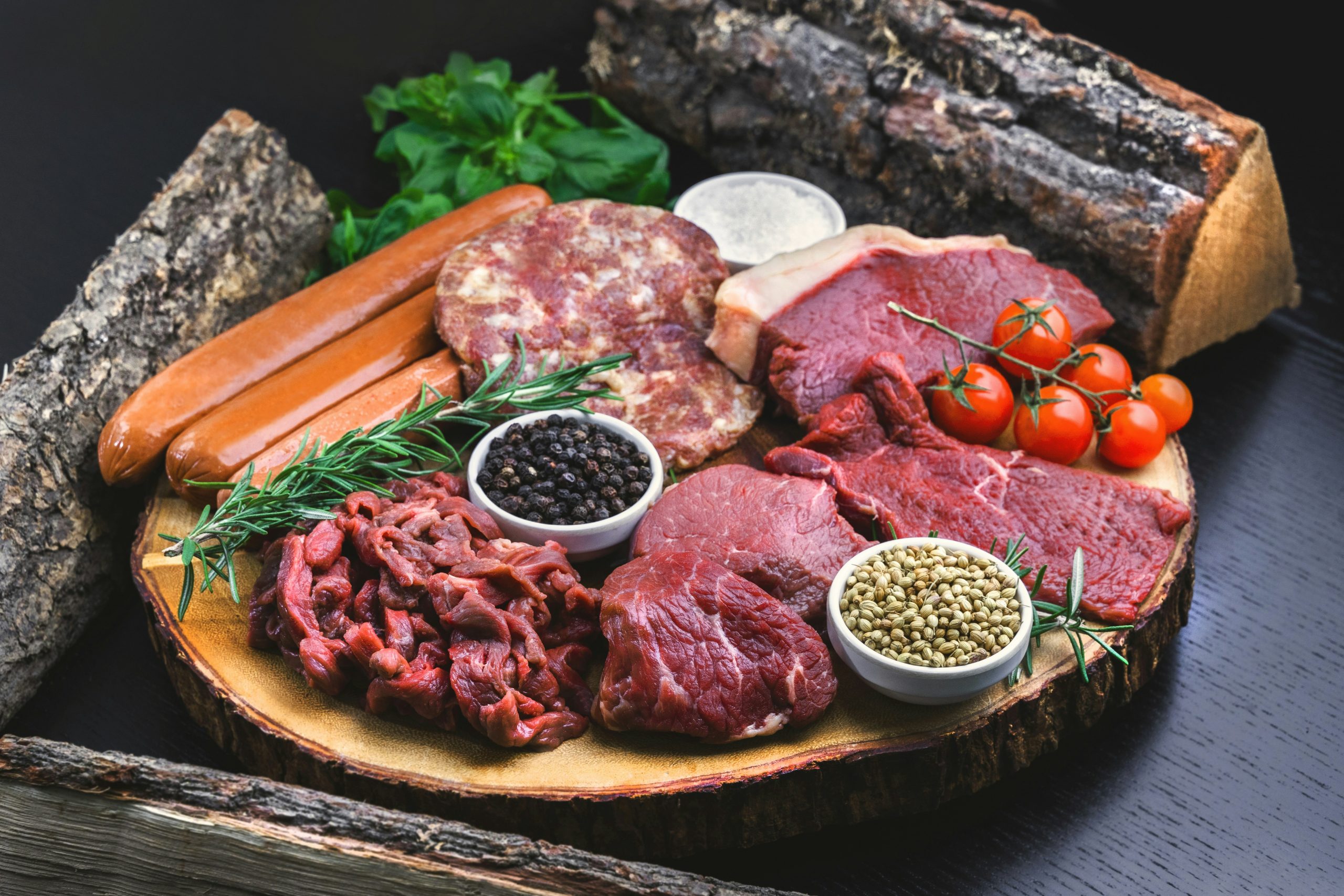Protein is often associated with muscle gain and fitness diets, but its importance extends far beyond building bulk. As one of the fundamental macronutrients, proteins are vital for the growth, repair, and function of all living cells. They are the building blocks of the body, involved in everything from the structure of cells to the functioning of enzymes and the immune system. This article explores the crucial role of protein in the body, its dietary sources, and how to ensure you’re getting enough to support your health.
The Role of Protein in the Body
Proteins are made up of smaller units called amino acids, linked together in long chains. There are 20 different amino acids that can form a protein, and the sequence of amino acids determines each protein’s unique 3-dimensional structure and its specific function in the body. Here are some of the key roles proteins play:
- Tissue Structure and Repair: Proteins are essential for the growth and repair of tissue. They’re crucial for recovery from injury and surgery.
- Enzymes: Many enzymes are proteins that speed up biochemical reactions in the body, vital for digestion, energy production, and various other metabolic processes.
- Hormones: Some hormones, which act as messengers in the body, are proteins. Insulin, for example, is a protein hormone that regulates blood sugar.
- Immune Function: Antibodies are proteins that play a key role in the immune response, identifying and neutralizing foreign invaders like bacteria and viruses.
- Transport and Storage: Some proteins carry substances in the blood or across cell membranes, such as hemoglobin, which transports oxygen through the blood.
Dietary Sources of Protein
Proteins are found in both animal and plant foods. Animal-based proteins, such as meat, fish, poultry, eggs, and dairy products, contain all nine essential amino acids and are considered “complete” proteins. Plant-based sources like legumes, grains, nuts, and seeds typically lack one or more of the essential amino acids but can be combined throughout the day to form a complete protein profile.
How Much Protein Do You Need?
The Recommended Dietary Allowance (RDA) for protein for the average adult is 0.8 grams per kilogram of body weight per day. Needs can vary, however, based on factors like age, sex, physical activity level, and health status. Athletes, pregnant and breastfeeding women, and older adults may require more protein.
Balancing Protein Intake
While getting enough protein is crucial, balance is key. Excessive protein intake, particularly from animal sources, can be associated with health risks such as kidney strain and heart disease. Here are some tips for balancing protein intake:
- Diversify Your Sources: Include both animal and plant sources of protein in your diet to ensure a broad range of nutrients.
- Consider Protein Quality: Opt for lean, minimally processed sources of animal protein and a variety of plant proteins to cover all essential amino acids.
- Listen to Your Body: Pay attention to your body’s signals and adjust your protein intake according to your activity level, health goals, and overall diet.
Conclusion
Protein is much more than just a nutrient for muscle building; it’s a crucial component of every cell in the body, supporting a wide range of vital functions. By understanding the importance of protein and how to incorporate diverse sources into your diet, you can support your body’s needs and promote overall health and well-being.


